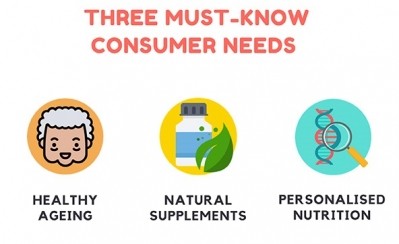HI SOUTH EAST ASIA 2017
South East Asia supplement regulations: Indonesian trade boss hopeful of harmonisation progress

The lack of harmonisation has been one of the key challenges facing the health supplement industry in South East Asia for many years.
“Indonesia, as part of ASEAN, is looking into finding similarities and harmonising requirements to make it easier for industries both from Indonesia and outside, to trade within the ASEAN region,” said Patrick Kalona, chairman of APSKI, Indonesia’s association for health supplement manufacturers, told participants of the Health Ingredients South East Asia conference in Jakarta, Indonesia this week.
Kalona spoke on nutraceuticals and regulations around the health supplement industry in Indonesia.
He said that because health supplement companies in South East Asia use different formulations and guidelines, it was difficult to export health supplements to other countries.
“Because each country has different requirements, products are very hard to distribute to other markets,” Kalona added.
However, there is a positive development: ASEAN may likely sign the ACCQ TTHS or the ASEAN Consultative Committee for Standards & Quality on Traditional Medicines and Health Supplements this year, he said.
“Hopefully once this is signed there will be clearer guidelines on the use of health claims (for supplements) for better communications, which will eventually benefit consumers in South East Asia,” he added.
However, the ASEAN harmonisation, once it pushed through, may not have an immediate impact on the rest of Asia, Kalona said.
“I don’t see other countries outside ASEAN region adopting similar technical requirements. But I think by having harmonisation in place there would be improvement in distributing goods to different parts of South East Asia,” he explained.
“Some ASEAN countries may find it challenging to implement the similarities, but I think once all the technicalities are fixed, it will be easier to distribute products from one ASEAN country to another, and eventually these products will be distributed easily in other markets as well.”

















